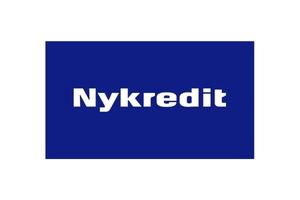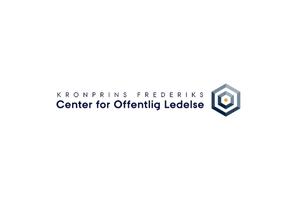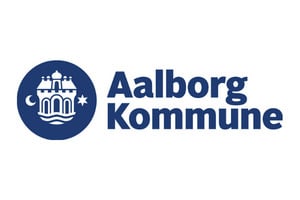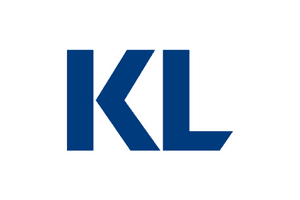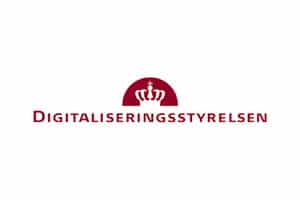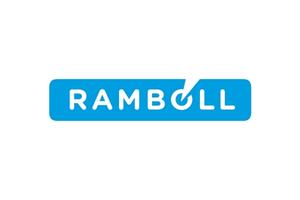So resources are not getting bigger. On the other hand, the complexity of society is growing. How will the new synthesis contribute more concretely to balancing the two scales?
The new synthesis identifies four interrelated focus areas for public sector leaders to address. They are:
Compliance: Even as society changes, some tasks remain the same. One of them is to ensure that the law is upheld and that the civil service lives up to the classic virtues. In short, the foundation must be in place. Always. It is extremely difficult to manage change without fundamental stability and well-functioning public institutions. In other words, it doesn't make sense to talk about innovation and creation if you don't have the foundations in place first.
Performance: With a solid foundation in place, you can continuously focus on optimizing and streamlining the way the public sector achieves its political ambitions. Some of the management approaches used to improve efficiency are LEAN, optimization and operations management.
Compliance and performance reflect common management practices. This means that we must ensure that the rules are followed and focus on performing our tasks more cheaply and efficiently.
This governance can no longer stand alone. Challenges like health, safety, climate, inclusion and employment are so intricate, complex and resource-intensive that the new synthesis says we need to add two additional elements.
Emergence: Emergence means to emerge. It refers to the formation or emergence of new properties in a complex system that cannot be explained by the properties of the individual parts.
In this context, emergence means that the public sector can develop opportunities for citizens to become co-producers of welfare. It also means that political leadership can establish environments that encourage and rely on collaboration, public innovation and collective problem solving.
Resilience: The last of the four connected focus areas is resilience. The focus area identifies an ability to learn to adapt to new situations and deal with problems, crises, disasters and unforeseen events in society.
In order to adapt and deal with these issues, society must be resilient. This means having strong social bonds and relationships between people, businesses and organizations that are based on trust and a belief in the goodness of others.

